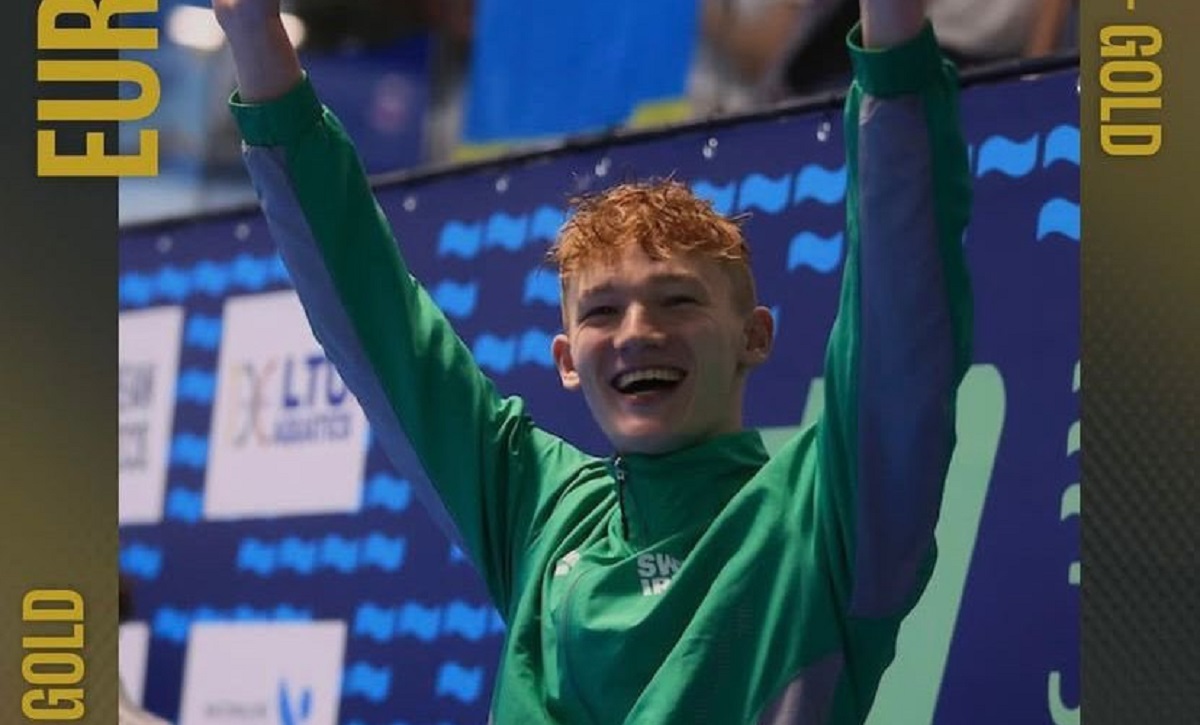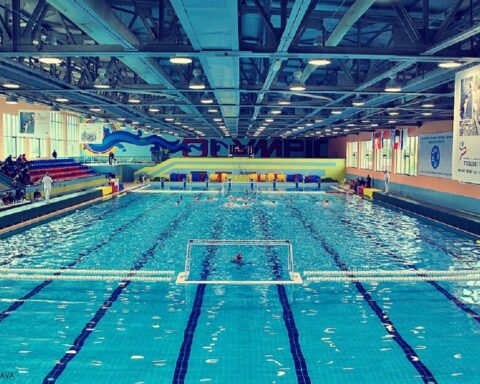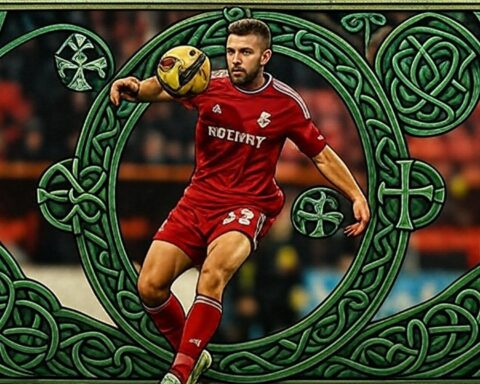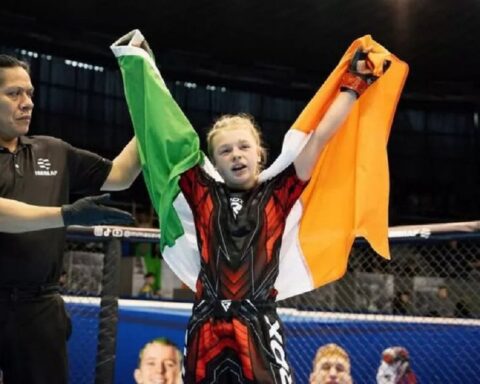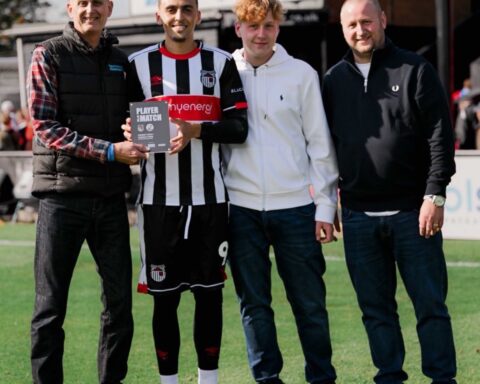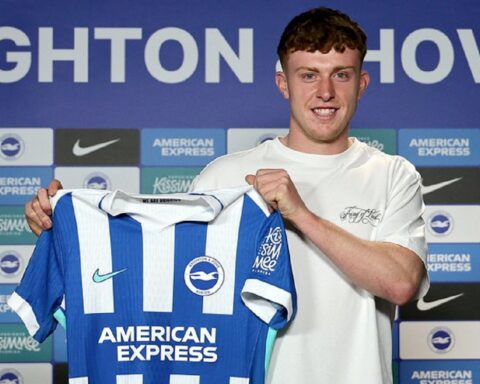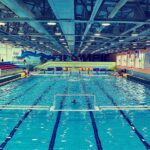A young man, 18, stands on the blocks in Otopeni, Romania, heart thudding, lungs tight, mind racing like a wild horse against the tether. It’s the final of the 100-metre backstroke.
Next thing he knows, the world is singing “Amhrán na bhFiann.” That young man is John Shortt, and this… this is how legends are born.
In a performance drenched in the smell of chlorine and the electric charge of victory—Shortt blasted to gold. His time: 53.86 seconds, a frantic ballet of arms and will, just 0.13 shy of Shane Ryan’s Irish record yet merciless in its execution.
Background: From Clarinbridge to Limerick National Centre
There’s no silver spoon in Shortt’s story—just a raw, almost anarchic love for moving water. Born in Galway on 7 February 2007, he cut his teeth at Bluefin Swimming Club in Clarinbridge before uprooting his life at 16 in pursuit of greatness.
Limerick’s National Centre became his forge. Under head coach John Szaranek’s steely guidance, Shortt battled the Leaving Cert workload by day and carved through water twice daily—a life that sounds like Irish grit wrapped in mad genius.
His rise wasn’t overnight. A year prior in Vilnius, at the European Juniors, he clinched gold in the 200 m back (1:57.68) and silver in the 100 m (54.74). He flirted with Olympic qualification too, missing the 1:57.50 cut for Paris by a scant four-tenths—just a breath away.
The Triumph: 100 m Backstroke Gold
In Otopeni, he didn’t just swim; he schemed. Third at the halfway mark (26.17), he launched into the final 50m like a man possessed—27.69, a surge of fury—touching first. Strategy executed. Anthem echoed.
“So much pride… singing the anthem…” he’d say later, eyes wild with honest disbelief. By capturing that title, he joined only one other Irish swimmer—Mona McSharry (2017)—to win world junior gold. Ireland now had two souls to cheer on global stages.
The Broader Sweep: Medals a-Plenty
But that was just a prelude. Shortt didn’t stop. Two days later, he powered through the 50 m backstroke to snatch bronze—25.06 seconds, a personal best—despite complaining of a wobble at the start that nearly betrayed him.
And then, the coup de grâce: the 200 m backstroke—his favourite. He roared off the blocks, never looked back, and tore through the water in 1:56.19—obliterating Irish senior and junior records, smashing his own 1:56.61 from April.
“I could not be happier,” Shortt grunted, half-smiling, half-reeling from the pain of that final 50m stretch of agony and ecstasy. “Ow… please make it stop… and then I was at the wall: class.”
Style with Substance
A pen dances across these moments with gritty affection, spotlighting the raw nerves and adrenaline that define Irish sport’s new frontier.
But this is not clinical athlete reporting; it’s dream-fuelled, ferociously alive, soaked in caffeine and lactic acid. When Shortt mentions that his coach’s mantra is “it can always be better,” you feel that echo in the bones of anyone who’s chased impossible dreams.
The medal table told its own story. Ireland leap-frogged traditional swimming powerhouses—Australia, Germany, Canada—landing ninth on the overall tally, all on the shoulders of one Galway teenager.
But the real treasure is geological: Shortt’s consistency, mental steel, and hunger.
He’s already tasted senior World Championships—15th in the 200 m back (1:57.30) in Singapore, a respectable debut, and a relay swimmer helping Ireland climb international rankings—all before turning 19.
Now he eyes 2026 and beyond: senior meets, Olympics, records—maybe sooner than the world expects.
Final Stroke
Here’s the image: an 18-year-old from Roscam, Galway, armed with a stroke that snaps like an Irish setter’s jaw, backed by a coach with a steely plan, anchored by academic sacrifice and a hunger to belong among legends.
He’s not just promising; he’s a freight train about to carve through expectation. John Shortt didn’t just win gold in Romania—he claimed a place in our sporting mythology, and Ireland just got a little bit louder.


